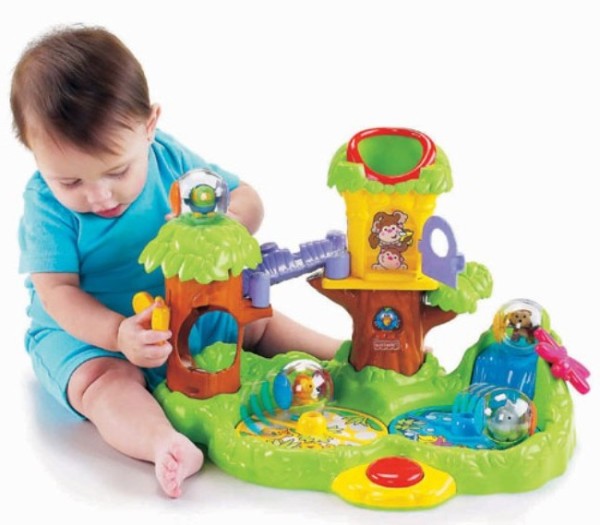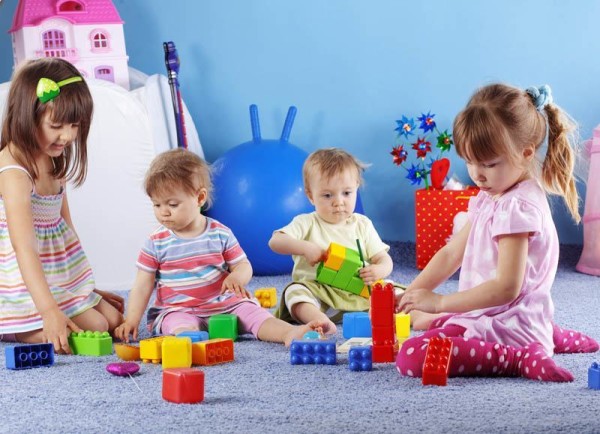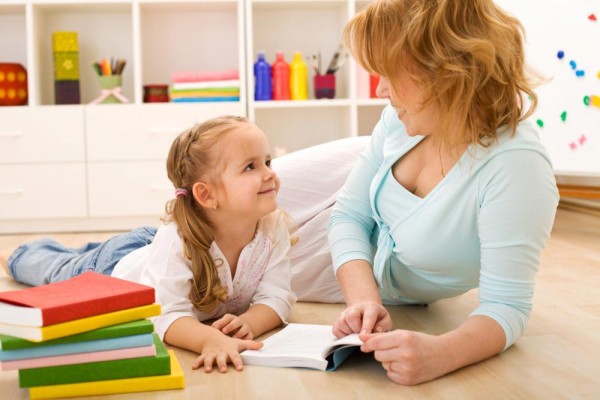The child does not want to communicate with children: what is the reason
Timid and indecisive children are quite common. Usually these are age-related problems that pass over time. However, in order to avoid serious communication problems in the future, it is important to find out the reasons why the child does not want to communicate and help him become more sociable.
Content
Introverted child: reasons
Many psychologists believe that being uncommunicative at an early age is normal. The child in these years is very attached to the family and spends most of the time at home. Therefore, his communication skills develop slowly, and he does not feel a special need for friends. 
At an older age, at four to five years, social adaptation is already taking place. The child begins to take an interest in peers, including the opposite sex, but some children continue to shy away from others. The reasons may be different:
- Excessive shyness. Sometimes it is passed on from parents and is even considered by doctors to be a congenital trait.
- Strongly developed individualism. Sometimes a child does not at all seek to establish contact with others, because for this he will have to negotiate, give in, sacrifice some of his comforts.
- Reluctance and inability to communicate. Usually children grow up closed in families, where parents are not particularly talkative.
- Hypertrophied care of relatives. It is no secret that communication between children and peers is often limited by loved ones, for fear of bad influence. This leads to the fact that the child is constantly alone, often suffers from depression... Of course, this can cause difficulties in further socialization.
Uncommunicative child: what to do
Above all, try to give your child more attention. Communicating with loved ones, the baby will eventually learn to contact with others. Be sure to praise him, emphasize his merits, avoiding comparisons with other children. Be interested in hobbies, let the baby understand that his inner world is important to you.
Do not isolate the baby from other children: invite guests to the house, both his peers and adults. At the same time, you should not force the child to communicate against his will: he must decide for himself with whom he wants to communicate. 
How to make your child more sociable
If the child's communication with peers does not work out in any way, do not immediately panic. Try to help him:
- When you are walking, go to the playground where other children are playing, introduce your baby to someone, try to play together.
- If you have invited other children home, do not leave them to themselves. Organize games, help meet.
- Draw guests' attention to your child. He is probably ashamed to talk about himself, tell us about his merits, successes, about what your baby is fond of.

- Try to dose communication, many children get tired of it quickly.
- Ask your child to talk about children in his kindergarten or school, show pictures.
- Try to look for new activities, hobbies for him. Perhaps you will find an interesting circle that will help him find new friends.
- Remind your child about his friends, kids can quickly get acquainted and just as quickly forget about them.
- It may also be that the child is simply not interested in communicating with peers. Often, children are drawn to older people.
- If you meet your child's friends, try not to forget their names.
- When you start choosing a school, give preference to those that have preparatory classes. This will help your child adapt much faster.
- Set your own example of communication. Let the kid see how great it is to have many interesting friends.
Helping your child learn to communicate is more than real, it is only important to do it tactfully, without exerting pressure. Show a little patience and creativity, and your child will get used to interacting with people, which, of course, will help him in his entire future life.


